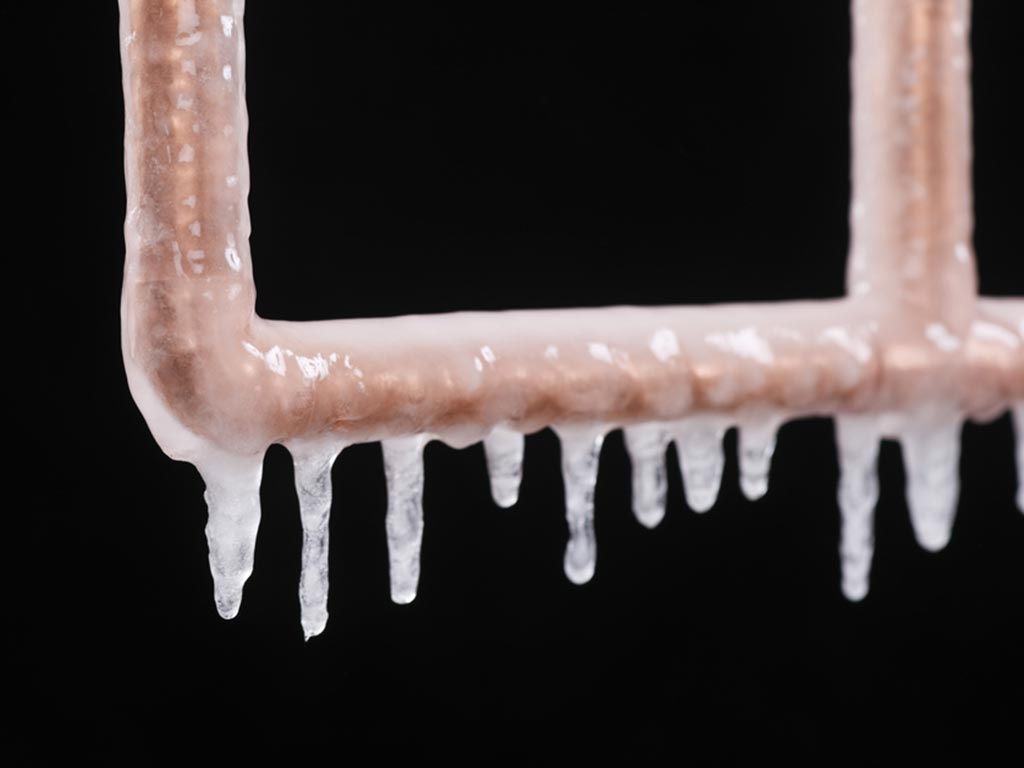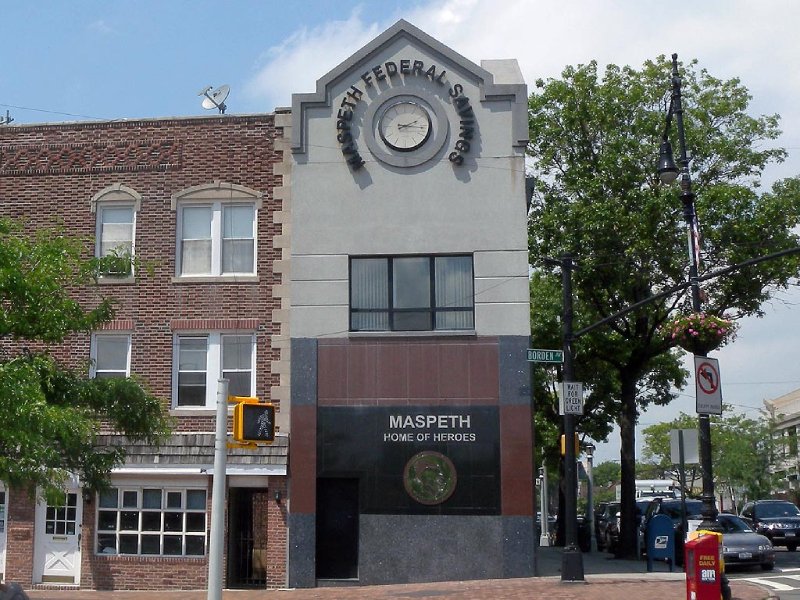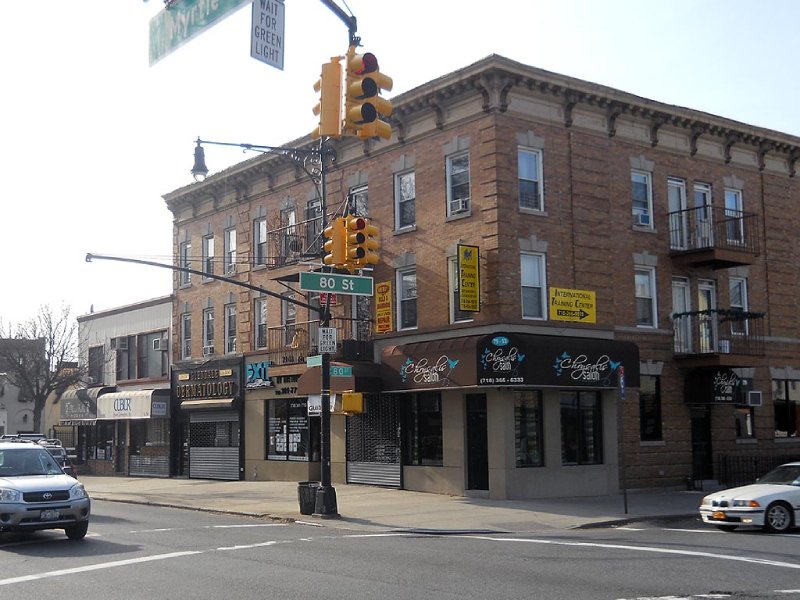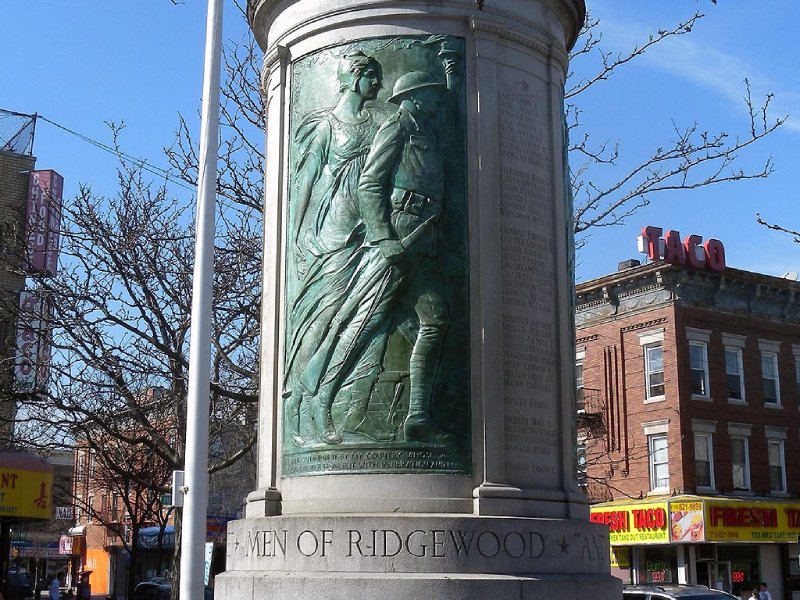Snow and pipes do not mix, learn to keep pipes from freezing. While it is true that hot running water is a life saver in many freezing situations, pipes hate the cold. Especially pipes with water standing in them which is exactly what happens inside your home. This year, as record snowfall blankets the central and eastern areas of the country, your pipes are at an unusually high risk of freezing. Even if your home is fairly well insulated and you have not had much trouble with freezing pipes in the past, with all-time low temperatures and snow piling up against your external walls, your pipes are likely being subjected to far colder temperatures than they are accustomed. This is particularly dangerous if you are currently in the middle of a snowstorm or your home has been effectively snowed in. If this happens, it is important that you take the right steps to protect your pipes.

Don’t Lower the Thermostat
First things first, no matter what your normal thermostat routine is, do not lower your target number below 55 minimum, and it is best if you can keep the home as warm as is comfortable and economical. Your pipes are fighting a losing battle between the heat inside the house and the cold outside the house. If you make it colder in the home, whether it is in the middle of the day when you are at work, or at night when you go to sleep, there will be less heat available to keep your pipes from freezing. The warmer your home is, the more likely all your pipes will make it through, even the ones inside external walls.
Open Your Cabinets
You might be surprised just how cold the insides of your cabinets and utility closets can get since there are no heater vents inside these closed compartments. To make it easier for the heat to reach your pipes and spread through the less than accessible system, make sure to open up all cabinets that hold pipes. Under sinks, behind panels, and inside the closet where the water heater itself lives should all be open so that warm air can reach your pipes. This will create points of heat that will spread through the unseen pipe system and help to keep the water inside liquid.
Start a Slow Drip
Just like rivers tend to freeze over less often than lakes, running water is much less likely to freeze solid than water holding still. You can use this knowledge to your advantage when your pipes are most at risk of freezing: during a snowstorm or record low temperatures. If you are afraid for the safety of your pipes, and in very cold weather you should be, set as many taps as possible to a slow trickle. This slightly running water will reduce the chances that your pipes can freeze solid and will reduce the amount of freeze if they do go.
Cut Up a Pool Noodle
If you have any spare heat tape or pipe insulation, make sure that every pipe you can reach is equipped. However, if you do not have the right gear, you may be amused to know that an old pool noodle will also do the trick. These are made of almost the same material as generic pipe insulation and can be cut into sections to fit the length of your pipe. To insulate a pipe with pool noodle, simply slice the noodle open lengthwise like a hot-dog bun and pop it over your pipes. This should help your pipes maintain any heat they have and resist surrounding cold.
Keep the Garage Closed
Finally, it goes without saying that the heat inside your house is incredibly important to this process. What you may not have realized is that the heat inside your garage (if you have one) is also important. The garage is made up of semi-internal walls which more often than not contain pipes that lead to outdoor, laundry, kitchen, or guest bathroom plumbing. If you open the garage and let freezing air inside, any pipes in garage-facing walls are more likely to freeze. If you have a moment, also take some time to disconnect hoses and cover up outdoor valves to further protect the pipes that lead into your home.
Learning to keep pipes from freezing can be surprisingly challenging but with the right techniques, you should be able to access your water safely. Any pipes that do freeze will be easier to recover by heating and running a small amount of water. For more information, contact Kew Forest Plumbing today.










